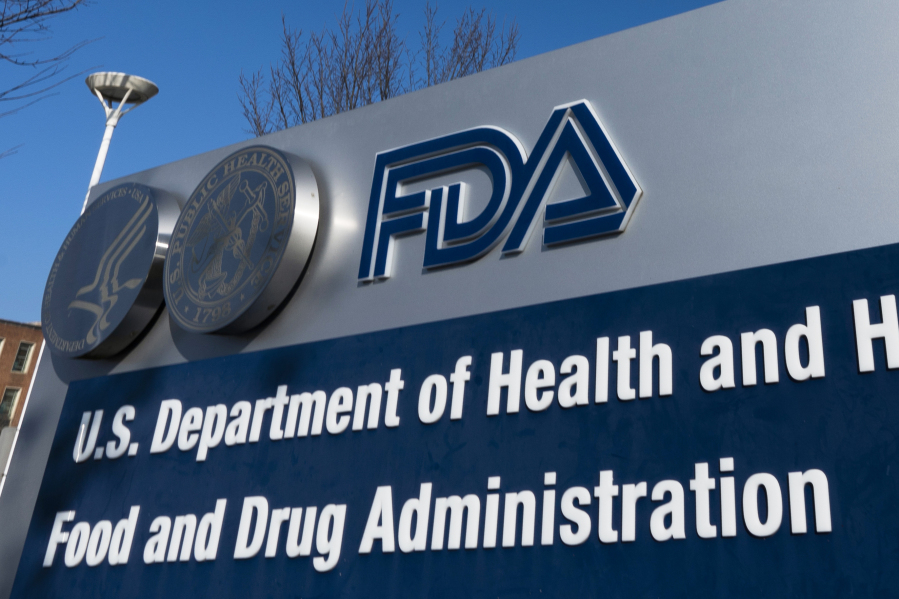WASHINGTON — The first gene therapy for a deadly form of muscular dystrophy received preliminary U.S. approval on Thursday despite concerns from some government scientists about the treatment’s ability to help boys with the inherited disease.
The Food and Drug Administration approval provides a new option for some patients with Duchenne muscular dystrophy, a rare muscle-wasting disease that causes weakness, loss of mobility and early death. It almost always affects males.
Drugmaker Sarepta Therapeutics said it would charge $3.2 million for the one-time treatment, slightly less than a $3.5 million gene therapy for hemophilia launched last year. Like most medicines in the U.S., the cost will be mostly paid by insurers — not patients — including private plans and government programs.
The FDA OK’d the treatment only for children ages 4 and 5, based on study results showing the therapy helped produce a protein needed for muscle growth, which is missing in boys with the condition. The gene therapy had been studied in children up to age 7.
Sarepta’s IV treatment delivers a replacement gene for the one that is mutated in boys with the condition.
“Today’s approval addresses an urgent unmet medical need and is an important advancement in the treatment of Duchenne muscular dystrophy, a devastating condition with limited treatment options,” FDA’s Dr. Peter Marks said in a statement Thursday.
The FDA said the increase in protein seen with the therapy, Elevidys, is “reasonably likely to predict” a benefit in patients 4 to 5 years old who don’t have other complications.
Push for approval
Patients, physicians and parents pushed for the therapy’s approval at a public meeting in April, sharing videos of boys running, riding bikes, and doing sports and other activities, which they attributed to the treatment.
But FDA scientists detailed a long list of concerns with the company’s research, particularly a mid-stage study that the company submitted for FDA review. Overall, it failed to show that boys who received the therapy performed significantly better on measures like standing, walking and climbing than those who got a dummy treatment, although the results were better in younger kids.
Still, the FDA’s outside experts voted narrowly in favor of making the therapy available on a preliminary basis, noting the deadly nature of Duchenne and the risk of delaying a potentially beneficial treatment. The vote was non-binding, but the FDA often uses such recommendations to bolster its decisions.




